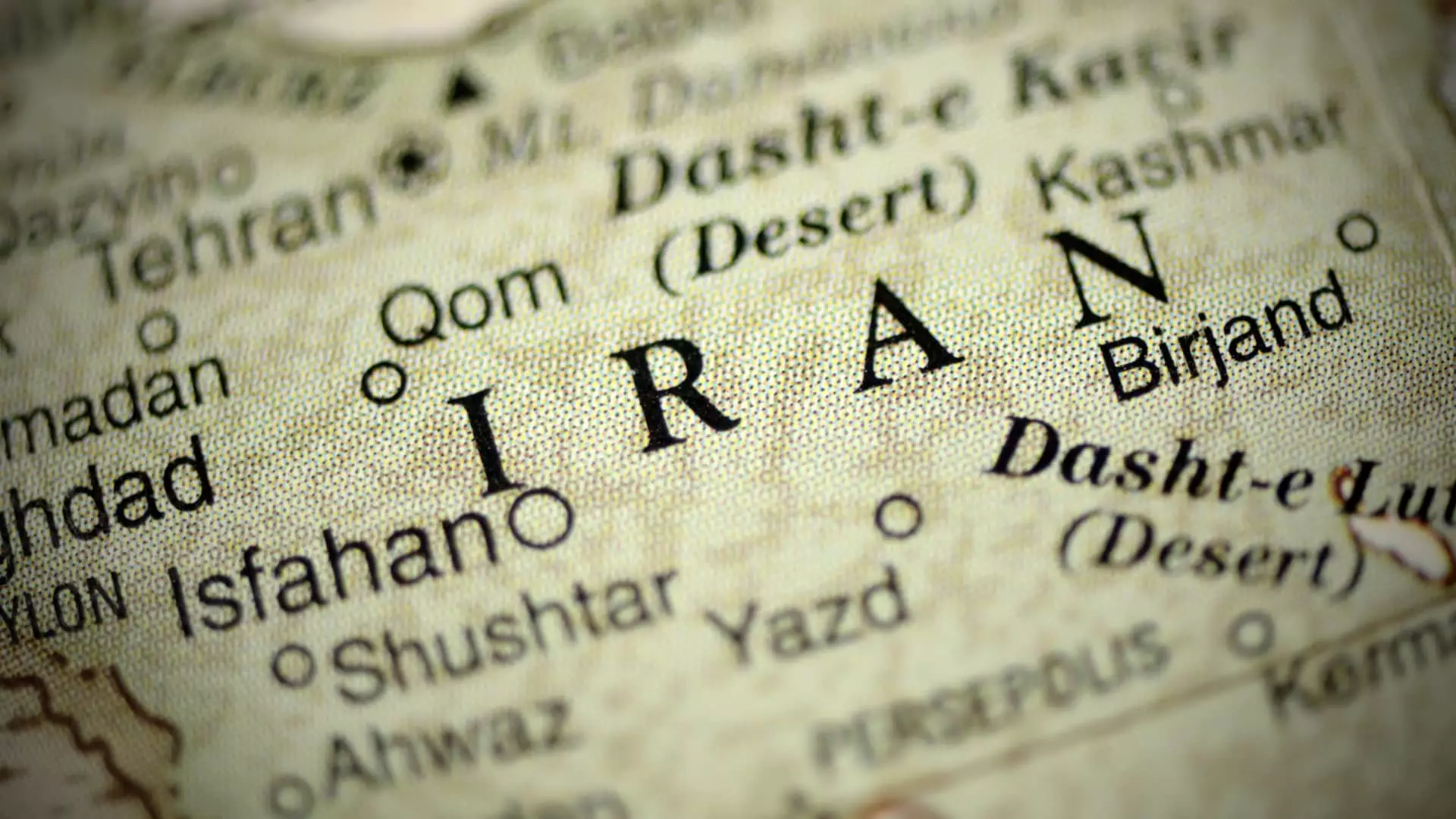In the wake of escalating tensions between Israel and Iran, U.S. officials are observing carefully as Israel prepares to respond to a significant missile attack initiated by Iran on October 1. This attack was framed by Iranian leaders as retaliation for Israeli military actions, notably the invasion of Lebanon and the assassination of key Iranian allies, including prominent Hamas and Hezbollah leaders. The situation is delicate, with both nations poised for potential conflict, and the U.S. closely monitoring the developments to provide strategic guidance without direct involvement in military operations.
Sources indicate that Israel has delineated potential target points for its forthcoming retaliation. Unlike past military engagements that may have included broader objectives such as nuclear facilities, it seems that this response will be more focused on Iran’s military and energy infrastructure. U.S. officials have expressed that this narrowing down of targets aligns with the hope that Israel will refrain from actions that could escalate the conflict further, such as targeting nuclear sites or conducting assassinations. It highlights a shift towards a more calculated and strategic military approach.
While the Israeli military appears to be ready for action, there remains a cloud of uncertainty regarding the timing and exact nature of the retaliation. American officials have reported that Israel has not communicated a specific timeline for when the counteroffensive may unfold, a factor that adds complexity to the situation. There is speculation about the possible coordination of strikes, and some officials have even mentioned that a response might occur during the Yom Kippur holiday, a sensitive time in the Israeli calendar. The emphasis on operational security suggests that Israeli leaders might be weighing their options delicately, possibly to prevent any preemptive moves by Iran.
U.S. Involvement and Strategic Advisories
The role of the United States in this scenario is pivotal yet cautious. While the U.S. is prepared to defend its regional assets against possible Iranian retaliation following any Israeli military action, it does not appear ready to directly support Israeli operations. Discussions between U.S. Secretary of Defense Lloyd Austin and Israeli officials have confirmed that while there is strategic alignment, there are also significant gaps in specific operational details. U.S. urges to maintain proportionality in the Israeli response indicate a desire to avoid excessive collateral damage and a broader escalation of the conflict. This underscores the U.S.’s commitment to stability in the region amidst increasing hostilities.
President Biden’s conversations with Prime Minister Netanyahu have centered on the urgent need to address humanitarian issues arising from ongoing violence in Gaza and Lebanon. Biden’s call for restraint and consideration of humanitarian impacts reflects a growing concern that military engagements could exacerbate already dire situations for civilians caught in the crossfire. The consistent emphasis by U.S. officials on targeting military assets rather than civilian infrastructure further suggests a collective hope to mitigate widespread suffering and avert a humanitarian crisis.
The current state of affairs between Israel and Iran is emblematic of a broader struggle for power and influence in the Middle East. As both nations navigate a landscape marked by threats and counter-threats, the international community, particularly the United States, finds itself in a precarious position — advocating for calm while preparing for potential fallout. Each step taken in the coming days will not only affect the immediate geopolitical landscape but also resonate within the broader context of regional stability and international relations. As Israel gears up for what could be a significant military response, the world watches closely, acutely aware of the delicate balance that must be maintained to avoid a broader conflict.


Leave a Reply